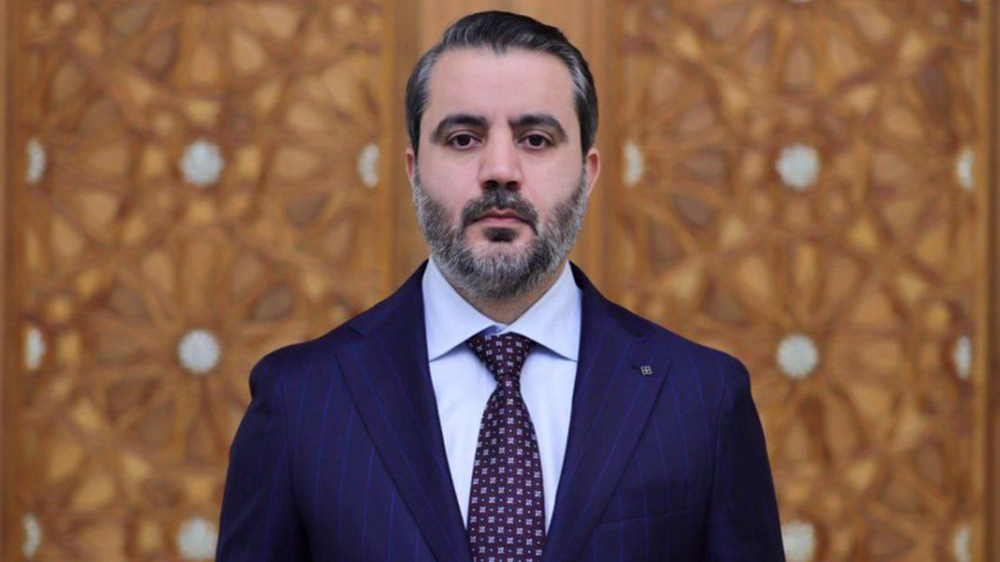Biggest convoy of evacuees leaves Syria's Eastern Ghouta
The largest convoy of evacuated militants and their families has departed Syria’s Eastern Ghouta as the Syrian army presses ahead with a counterterrorism operation in the suburban area near Damascus.
Syria’s official SANA news agency reported on Tuesday that 100 buses carrying 6,749 people -- around a quarter of them militants -- had begun leaving a militant-held Eastern Ghouta area.
The departure was part of a ceasefire deal reached last week between the Faylaq al-Rahman militant group and Russia, which is helping the Syrian army rid the Arab country of Takfiri terror outfits.
The agreement, which covers four Eastern Ghouta towns of Arbin, Zamalka, Jobar and Ein Terma, allows the immediate evacuation of the wounded.
It also permits civilians and militants to either leave for northern Syria or remain in Eastern Ghouta and reconcile with the government of Bashar al-Assad, with guarantees from Moscow that they will not be prosecuted.
Almost 1,000 people -- including militants, their relatives and other civilians -- were evacuated from Eastern Ghouta on Saturday and 5,435 others on Sunday.
The first ceasefire agreement in Eastern Ghouta was concluded with the Ahrar al-Sham terrorist group that agreed to the evacuation of up to 7,500 militants and their families from the town of Harasta.
The latest developments come amid reports that Syrian government forces have gained control over 90 percent of the Eastern Ghouta region.
Syria has established a humanitarian corridor to allow civilians to leave the operation zone, while Russia has been enforcing daily pauses in fighting to facilitate people's exit.
Holed up inside Eastern Ghouta, foreign-backed militants have been launching indiscriminate mortar and rocket attacks on Damascus, which have resulted in many civilian deaths. They are also using civilians as human shields in the face of army advances.
In February, the United Nations Security Council unanimously passed a resolution demanding a month-long ceasefire across Syria to allow for humanitarian aid deliveries and medical evacuations, but that has failed to reduce terrorist attacks on civilians.
Dec. 22: ‘Axis of Resistance’ operations against Israeli occupation
‘Abhorrent’: Oxfam says only 12 trucks delivered aid in North Gaza since Oct.
VIDEO | Leader receives religious eulogists on Hazrat Fatima birth anniv.
Pope Francis slams Israel’s ‘machine-gunning’ of Gaza children
US hostage-taking of Iranian nationals violation of intl. law: Deputy FM
VIDEO | Carol Singers for Palestine on London’s Parliament Square
Ansarullah says ‘Israeli terrorists’ incapable of confronting Yemen, warns of secret weapons
VIDEO | Yemenis praise the military for its successful operations against Israel
















 This makes it easy to access the Press TV website
This makes it easy to access the Press TV website